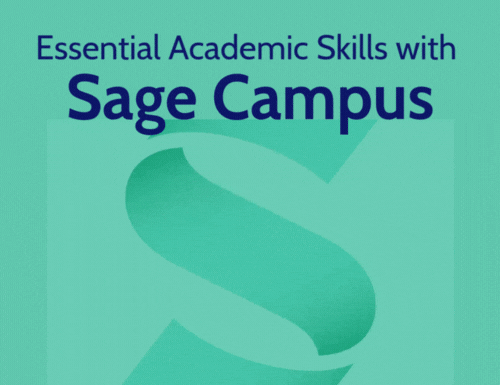Navigating Research Metrics: Empowering Researchers through Knowledge and Tools
- Jessie Tang
- Apr 12, 2025
- 3 min read
Recognising the need for researchers to measure their research performance and impact, the Research Metrics Webinar Series was introduced in September 2024 with support from the Office of Academic and Faculty Affairs (AFA).
The series was designed to provide faculty members and researchers with a deeper understanding of research metrics and their applications.

Since its introduction in September 2024, the series has successfully engaged over 100 unique attendees across 20 departments. Designed as bite-sized sessions of just 30 minutes each to accommodate faculty members’ busy schedules, the series was well attended, highlighting the growing interest in research evaluation and the need for reliable tools to track scholarly impact.
The highlight of the series was the inaugural session on Field-Weighted Citation Impact (FWCI), which attracted the most interest and participation. FWCI was highlighted as a key metric for benchmarking research performance, making it particularly relevant for faculty members. In addition, the session explained how FWCI contributed to Times Higher Education (THE) and QS World University Rankings, further underlining its importance in institutional benchmarking.

Another session focused on ORCID, a persistent digital identifier that ensures accurate scholarly work attribution. The session emphasised the importance of maintaining an up-to-date ORCID profile to enhance authors’ identities and improve the discoverability of their works. Participants were guided through the process of linking their ORCID profiles to various research databases, including Scopus, to ensure seamless integration of their publications. The discussion also highlighted how funding bodies and academic institutions increasingly require ORCID for grant applications and research evaluations.
The webinar series also featured sessions that covered key topics such as Managing Scopus Author Profile, Cited Reference Searching in Web of Science and Optimising Google Scholar Profile. A key takeaway was the reinforcement of how these tools contribute to research visibility, research impact, institutional benchmarking, grant applications, and compliance with funding agencies’ requirements.
If you missed the sessions, click on the links below to access the recordings and slides:
Explore Field-Weighted Citation Impact (FWCI), learn how to find FWCI for publications and authors, and understand its significance in evaluating research impact and quality with practical examples. [Guide]
Gain practical tips such as establishing connections with other author identifiers and data sources for auto-updating your publications, authorising NTU and funders for sharing required profile data, and maintaining of publications list for accuracy and currency. [Guide]
Discover how a well-maintained Scopus Author Profile ensures accurate attribution of your publications and facilitates data exchange with other platforms for showcasing research impact! [Guide]
Watch how the Cited Reference Search feature in Web of Science (WoS) facilitates the retrieval of cited references that are not indexed in WoS or cited reference variants due to incorrect or missing information in the references of citing articles for a more thorough overview of your influence and impact. [Guide]
Learn how to:
Complete your profile with accurate details and keywords for better discoverability.
Fix and prevent errors such as duplicate records or misattributions.
Export your Google Scholar publication data into ORCID.
Are you interested in learning more about Research Metrics? We can arrange a hands-on, customised sessions for individuals or groups. Simply contact the team at libscomm@nie.edu.sg.




Comments